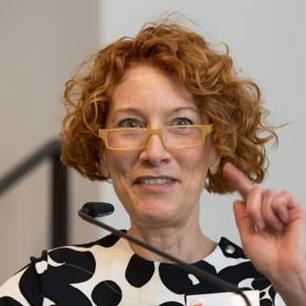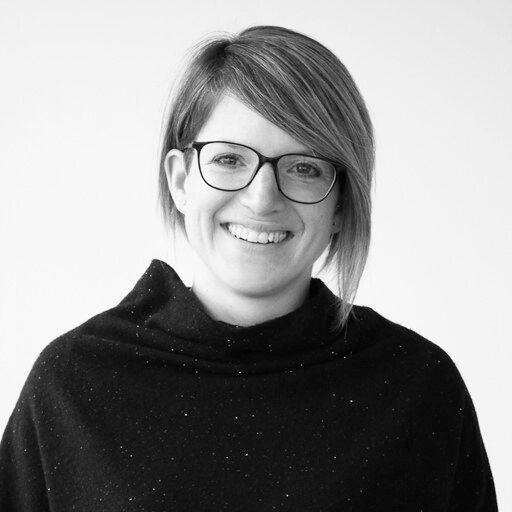A Series of Researcher-Centric Webinars
January 27 was a big day for us. We hosted our very first webinar with the title: Making Open Access Agreements More Transparent for Authors, and invited guest speakers from across the research community to join in and share their initiatives and perspectives.
Summary
More and more institutions, consortia, and funders sign agreements with publishers that reign in the cost spent directly by authors on article processing charges (APCs) and combine these with any subscription costs for read access (if applicable). Agreements vary – from full transformative or transitional like Read and Publish, or Publish and Read with hybrid publishers, to institutional memberships with pure OA publishers. The overall aim of these agreements is to make more research openly available and reduce paywalls to scientific content.
The approach is working
According to the ESAC Market Watch, in 2021, over 160,000 articles were published OA via such agreements – and this number is growing rapidly. For authors, this is good news – free OA publishing and wider dissemination of their work. The downside is that it’s not always easy for authors to understand under what conditions they can publish their articles. Who will cover the costs? Which journals are included in agreements?
So – when and where do we need to communicate agreement conditions to authors? The conclusion is that it’s important to have clear information for all authors at all stages of the research process.
We are on a journey together, so it’s best we figure things out together.
Dr. Alwaleed Alkajaja
Agreed by the speakers, some options and tools can be helpful; a dedicated website with eligible title lists included on agreements, direct marketing to authors, dedicated support, using the ESAC registry lists or the Plan S Journal Checker Tool, and, finally, a custom Journal Finder. Important to note, however, these options are only as good as the data they rely on and there are often discrepancies in data.
Evidently, it can be complicated and confusing – not just for authors in navigating different publishers’ systems, but also for publishers in catering to an ever-growing variety of different agreement types and funder scenarios, ranging from deposit accounts to split invoicing to discounts triggered by co-authors’ affiliation.
Despite the differences in perspectives – and sometimes a division into “us” and “them”, the scholarly communications industry is one where institutions, publishers, and all other stakeholders are known to engage and recognize that the biggest difference in moving the ecosystem to more OA publishing, is by collaborating and continuing to talk to each other – a discussion that everyone at ChronosHub has had great pleasure in facilitating and taking part in.
We look forward to further conversations along the way!
Speakers
Moderator
Share this post





